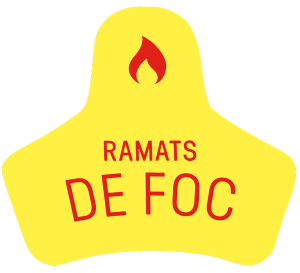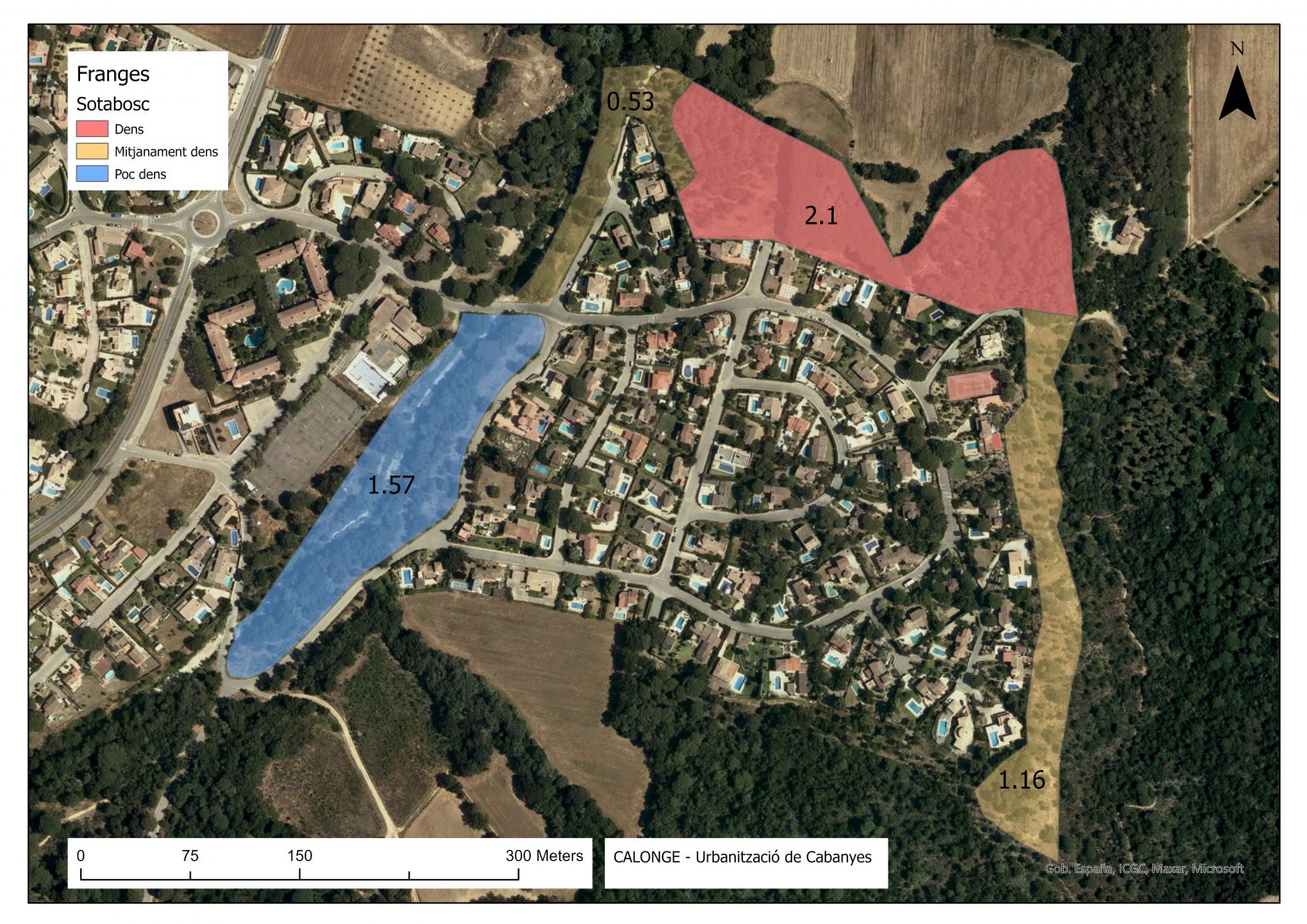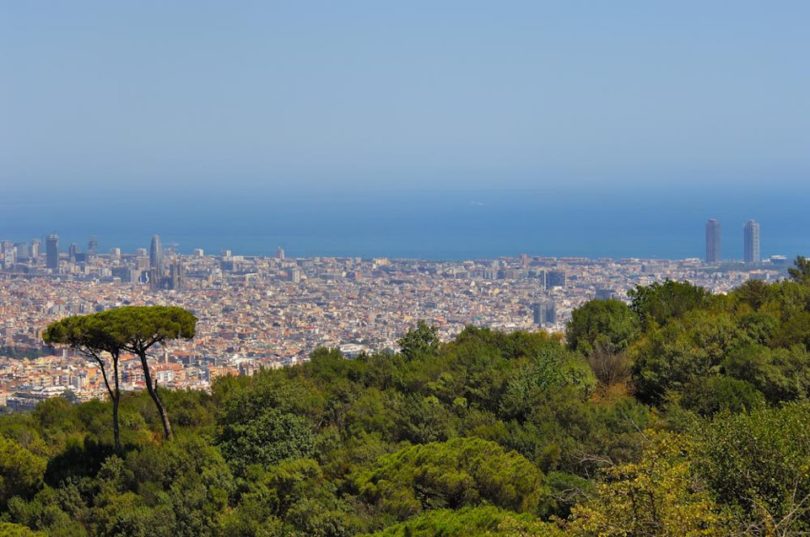Resilient Landscapes and Societies
Analysis of landscape, social and cultural factors to propose strategic management actions, to create landscapes and societies adapted to wildfires
Ramats de Foc
In 2022, we have continued working to consolidate the prescribed silvopasture project Ramats de Foc (Fire Flocks), an expanding project that enhances the contribution of herds to fire risk management through grazing in strategic forest areas.
The evolution of the project continues to be very positive, having consolidated participation in the province of Girona. This 2022, the project opened to the rest of Catalonian provinces, particularly in Muntanyes de Prades (Tarragona) and the Baronia de Rialb (Lleida). Moreover, after a participatory process to decide the strategic lines of the project, the project strategy and regulations for the use of the Ramats de Foc brand have been implemented.
In 2022, there was financial support from the Caja de Ingenieros Foundation, Diputació de Tarragona, Diputació de Lleida and la Fundación BBVA.
Ramats de Foc brings together all public and private agents interested in the continuity of grazing in forest areas, bringing their needs together, articulating a chain of production and consumption of products from the participating herds that provide added value in the prevention of wildfires in the strategic forest areas defined by firefighters and/or forestry technicians of the Departament d’Acció Climàtica, Alimentació i Agenda Rural, Generalitat de Catalunya.
Thanks to Ramats de Foc, shepherds get their flocks into forest areas with the objective of controlling the understorey. The butcher guilds and restaurants work to give added value to the products of the participating farms, through a badge that certifies the support for the control of fire risk carried out by the herds. Consumers will thus know that eating Ramats de Foc products has social benefits: it serves to keep local extensive livestock farming and Mediterranean forests alive.

Other projects

GO INTERFAZ
Period: 2021-2023
Funding: Fondo Europeo Agrícola de Desarrollo Rural (FEADER) and Administración General del Estado (AGE)
Coordination: Fundación Cesefor
Web page: gointerfaz.es
The GO INTERFAZ project seeks innovative strategies for fire risk management in wildland-urban interface areas. The Foundation is in charge of managing the Calonge (Girona) case study, where interface maintenance methodologies are sought. We also lead the development of silvopasture as a fire prevention tool in strategic areas
This 2022, we worked on the implementation of herds in interface zones to reduce the risk of fires in urbanised areas. This objective involved generating a business plan for livestock farms interested in the tertiary sector (payments for fire prevention).

WUICOM-BCN
Period: 2021-2023
Funding: Ajuntament de Barcelona
Coordination: Universitat Politècnica de Catalunya (UPC)
Web page: project’s description
WUICOM-BCN, Fire Resilient Interface Communities of Barcelona, is a project that aims to carry out a holistic analysis of fire risk in the wildland-urban interface of Barcelona. The project focuses on the detection of social, ecosystem and infrastructural vulnerabilities to then develop specific strategies for the city. The objective is to increase resilience and awareness about fire in the most vulnerable neighbourhoods of Barcelona.

Inventory of infrastructures and location of PEGs in Montseny PPP
Period: 2022
Entity: Departament d’Acció Climàtica, Alimentació i Agenda Rural of the Generalitat de Catalunya
Technical assistance to inventory the infrastructure of the Montseny PPP, and locate the areas of the territory in which the modification of fuel and/or preparation of infrastructure would allow suppression services to execute safe and effective attack maneuvers against large wildfires.
